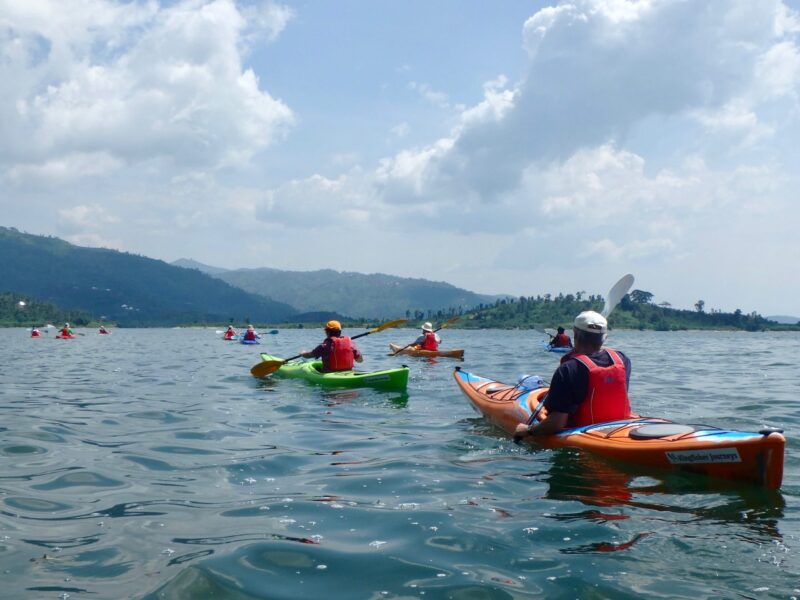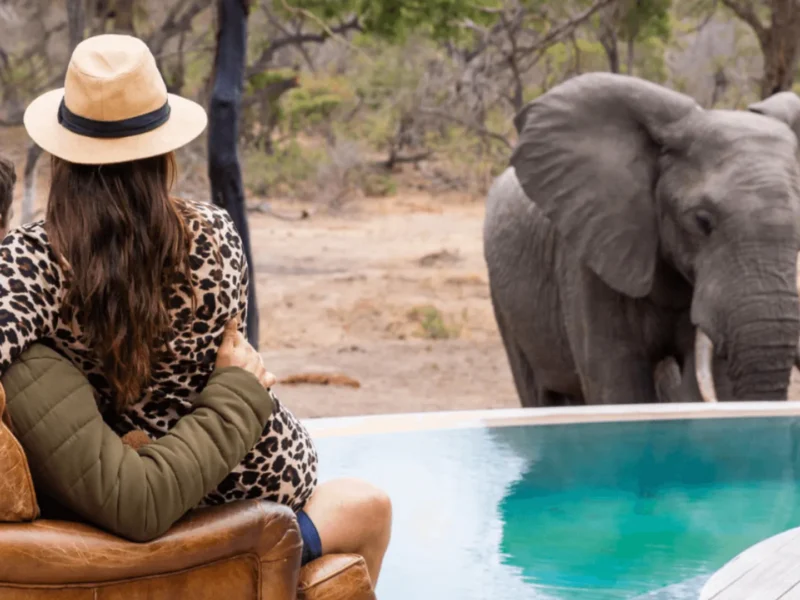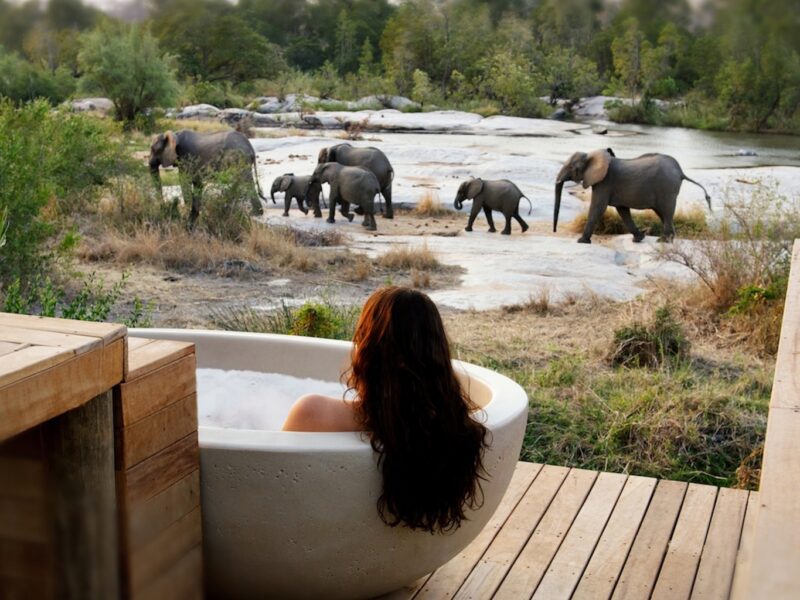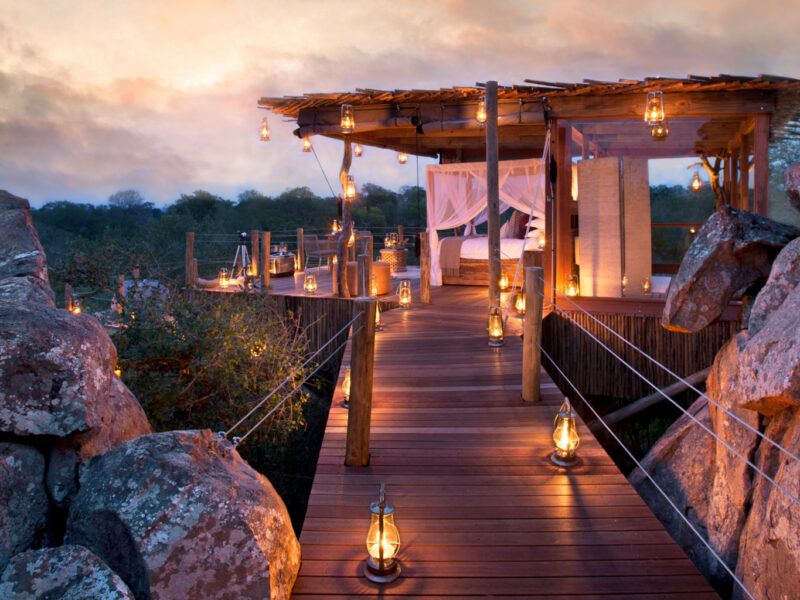Safari Safety Tips for Families
A family safari is a thrilling adventure, but safety comes first. From health precautions like vaccinations and sun protection to essential on-the-ground tips—such as listening to guides, staying in vehicles, and supervising children—these guidelines help ensure your experience is safe, smooth, and unforgettable. With the right preparation and awareness, your family can enjoy Africa’s wild beauty with confidence.
Embarking on a family safari is an unforgettable experience, but it’s also essential to approach it with care and awareness. When you journey into the wild, you’re entering the natural habitat of magnificent—and sometimes dangerous—animals. At Adventure in the Wild Safaris, your safety is our top priority. Here’s our guidance to help you enjoy your safari safely and confidently.
We Prioritise Your Safety
We never send our guests to destinations where we believe there is any significant risk. Our team constantly monitors safety updates from trusted sources, including the UK Foreign Office, to stay informed about the regions in which we operate. Should any concerns arise—be it political unrest, health issues, or natural disasters—we will keep you informed and take appropriate action.
Although it’s rare, interactions with large wildlife like elephants, buffalo, rhinos, or lions can carry risks. That’s why it’s vital to stay alert during your entire safari, whether you’re in the camp or out on an activity.
Before You Travel: Health and Sun Protection
Proper preparation begins at home. Ensure all vaccinations for you and your children are current, and consult your doctor or a travel clinic for recommended immunisations and anti-malaria options. If you’re not comfortable with malaria medication for children, consider visiting one of South Africa’s malaria-free reserves.
Sun exposure can be intense in Africa. Protect your family by packing high-SPF sunscreen and reapplying it regularly throughout the day. Wide-brimmed hats with chin straps are ideal for staying shaded while riding in safari vehicles, and good-quality sunglasses are a must. Hydration is key—encourage everyone to drink plenty of bottled water.
Staying Safe While on Safari
Once in Africa, always remember: you are a guest in the animals’ natural environment. Wild game has the right of way, and respecting that is crucial to your safety. Always follow the guidance of your safari guides and camp managers—they’re highly trained and experienced in animal behavior and know exactly what to do in every situation.
Key Safety Guidelines for Families on Safari:
Always follow the instructions of your camp staff and guides.
At night and during early mornings, you’ll be escorted to and from your accommodation—never walk unaccompanied.
Remain inside your tent or room at night with doors securely closed.
Stay inside the safari vehicle at all times unless your guide says it’s safe to exit.
Stay seated while the vehicle is moving.
Never feed the animals, whether on game drives or in camp.
Keep your voice low and avoid sudden, loud noises—startling an animal can provoke it.
Children must be supervised by an adult at all times.
Drink only bottled water provided by the camp or lodge, and stay well-hydrated.
Carry a basic first aid kit with you throughout your journey.
Visit a travel clinic before your trip to discuss malaria prevention and required vaccinations.
Keep your mobile phone on silent mode while on safari to avoid disturbing the wildlife.
Be cautious around water—only swim in areas confirmed as safe by your guide or host.
Use mosquito repellent, especially during the early morning and evening. Many safari lodges provide mosquito nets or use mosquito-proofing, but wearing long-sleeved clothing that covers ankles, wrists, and the neck is also advisable.




